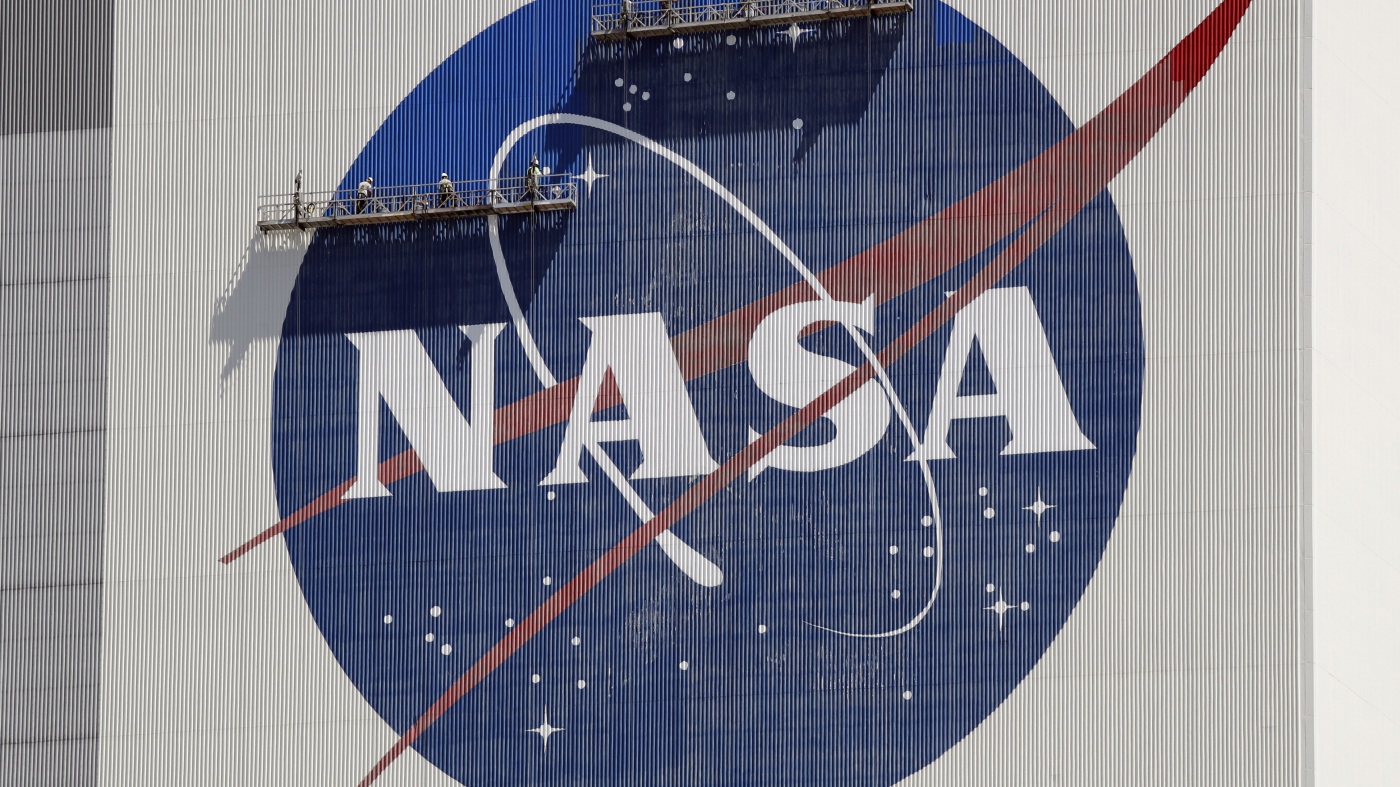Nearly 4,000 employees of NASA have chosen to leave the agency through a deferred resignation program initiated by the Trump administration. This significant reduction represents about 20% of NASA’s total workforce, which will decrease from 18,000 to 14,000 employees, according to NASA spokesperson Cheryl Warner. The agency’s workforce has already been reduced by 500 due to normal attrition.
The second round of the deferred resignation program concluded at midnight on Friday, resulting in 3,000 applications to leave, following an initial round where 870 employees opted to resign. These departures are part of a broader strategy by the Trump administration to reduce the federal workforce, as outlined by the Department of Government Efficiency (DOGE).
Despite the significant cuts, it remains unclear when the full workforce reduction will take effect. NASA has not disclosed how these changes will impact its operations. Furthermore, the administration has proposed a considerable reduction in NASA’s budget. The fiscal year 2026 budget request, released in May, aims to cut funding by approximately 24%, bringing it down from nearly $25 billion to about $19 billion. Ongoing discussions in Congress may lead to funding being maintained at current levels.
In a twist, NASA recently received a funding boost due to the passage of President Trump’s One Big Beautiful Bill Act, which allocates nearly $10 billion in additional funding for the agency through 2032. This new funding is earmarked for various projects, including missions to Mars and plans for lunar exploration.
The proposed budget cuts and organizational changes have sparked criticism from various quarters, including scientists and space advocacy groups. The Planetary Society, led by renowned science communicator Bill Nye, expressed strong opposition to the White House budget proposal. They stated, “A great nation deserves a great space program, one that reflects our national ideals and serves the public interest.” They contended that the proposal not only falls short but also undermines NASA’s unique role in fostering unity at home and collaboration abroad.
On Monday, over 300 current and former NASA employees signed a letter, known as the “Voyager Declaration,” addressed to interim NASA administrator Sean Duffy. The letter criticizes what they describe as “rapid and wasteful changes” within the agency, highlighting cuts to essential programs and research initiatives. The authors urged Duffy to reconsider the proposed cuts, asserting that these measures do not align with the best interests of NASA.
As NASA navigates these challenges, the future of its workforce and funding remains a crucial topic of discussion among stakeholders, with implications for the agency’s ability to fulfill its mission in aeronautics and space exploration.








































































